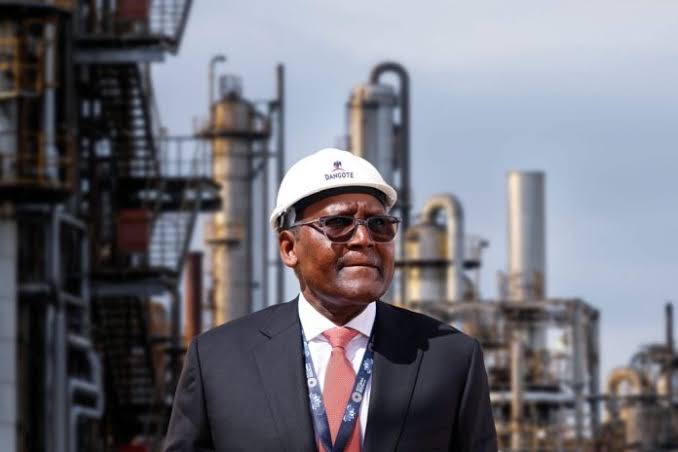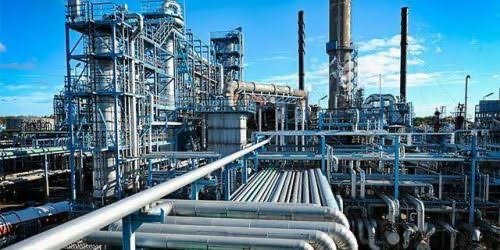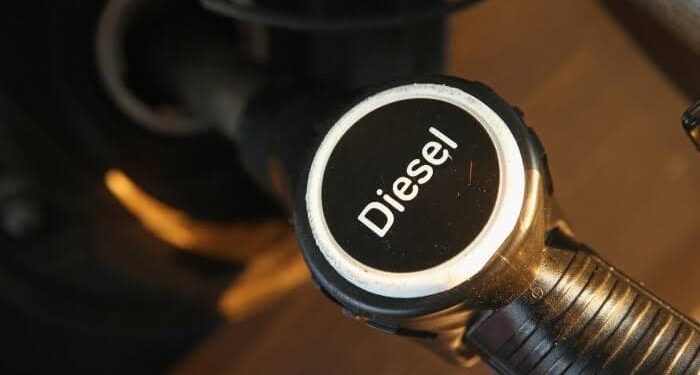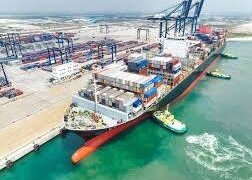Petroleum product marketers in Nigeria have reportedly written to President Bola Tinubu, raising concerns that the recent reduction in Dangote Refinery’s diesel price to N900 per litre is hurting their businesses.
Devakumar Edwin, Vice President of Dangote Industries Limited, revealed this during a Twitter Spaces session hosted by Journalists.
“Petroleum product marketers in Nigeria have written to President Bola Tinubu to complain that the refinery local prices which have dropped from N1,200 to N1,000 and now N900 per litre are impacting their businesses negatively,” Edwin stated.

He pointed out some of the challenges facing Dangote Refinery and its influence on Nigeria’s fuel supply and pricing.
According to Edwin, the refinery, situated in the Lekki Free Zone near Lagos, is struggling to sell around 29 tankers of diesel daily due to a lack of local demand from petroleum product importers.
As a result of this poor local patronage, the refinery exports most of its diesel and aviation fuel,” he said.
Edwin had previously mentioned that if the Nigerian National Petroleum Company Limited (NNPC) and other local petroleum dealers refused to purchase from the refinery, they would continue exporting their products.
“We have been exporting aviation fuel, we have been producing kerosene, we have been producing diesel, but yesterday, we started the production of PMS. So, that was the last stage. The only thing now left out is petrochemicals.”

When asked whether the petrol would be sold domestically, Edwin responded, “Well, I explained how there has been a kind of a blockade from lifting our products within the country. The traders have been trying to block (it), and so now we have been exporting our petroleum products. PMS, we are ready to pump in as much as possible to the country.
“But if the traders or NNPC are not buying the product, obviously, we will end up exporting the PMS as we are doing with the aviation jet and diesel,”
Edwin expressed disappointment over unexpected challenges that emerged as the refinery was set to begin operations. He recalled that the original plan was to add value to Nigeria’s raw materials, but the reality of crude exportation and refined product importation remains unchanged after decades.
“What is happening today? We are struggling to get the crude. We are now importing the crude from the US, we are importing from Brazil, and from other parts of the world. So, the whole philosophy has gone upside down. After all these decades, we are exporting crude, importing products,” Edwin lamented.
He added, “The same thing is continuing. We are not getting enough crude allocation, and the crude is still being exported. We are forced to import crude from outside. Yes, we are getting some crude locally, but it’s not adequate.”
The Dangote Refinery, with a capacity of 650,000 barrels per day, began exporting naphtha in March, low-sulfur straight-run fuel oil (LSSR) in May, and started domestic sales of diesel and jet fuel in April. By June, the refinery was exporting diesel that met European specifications.


































